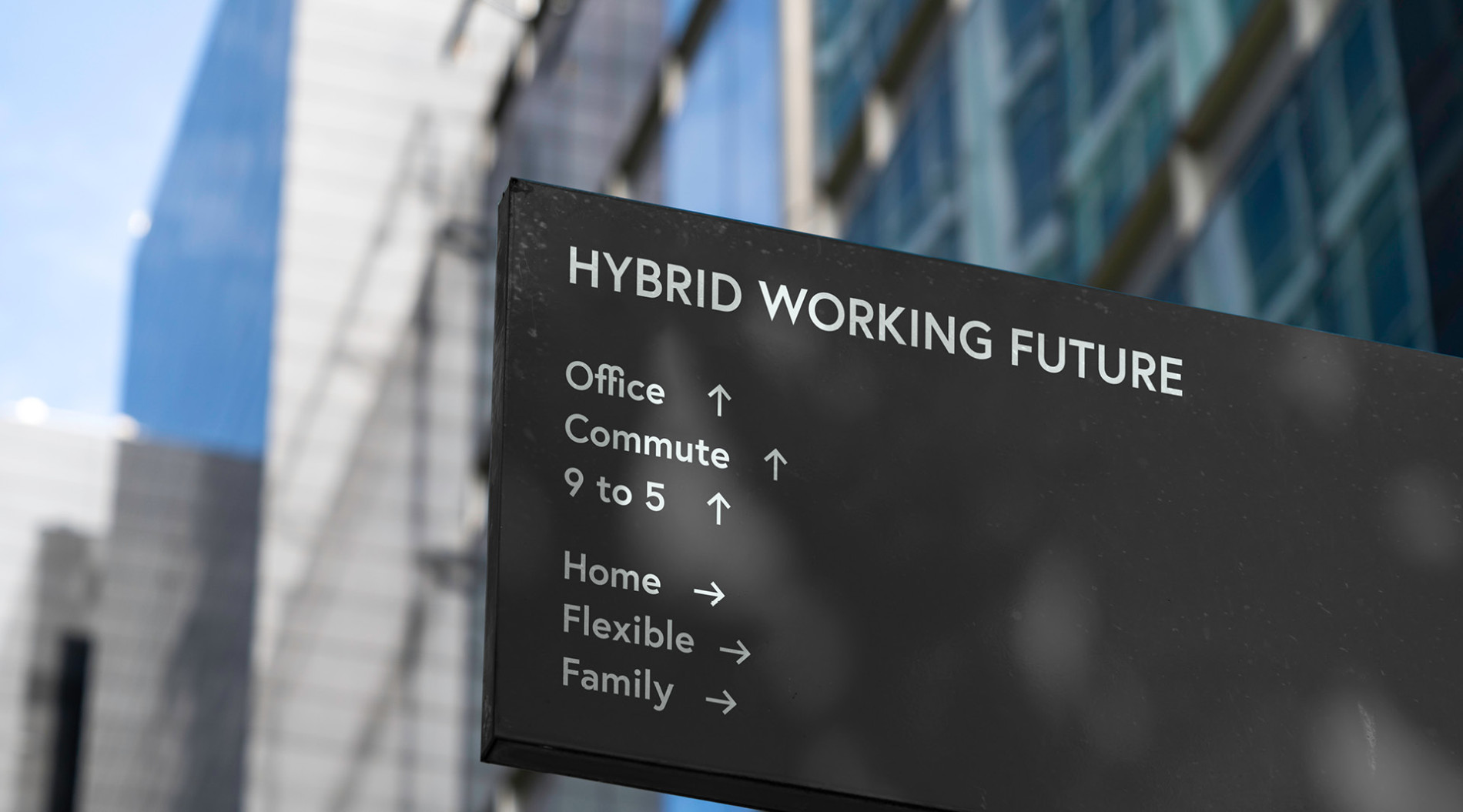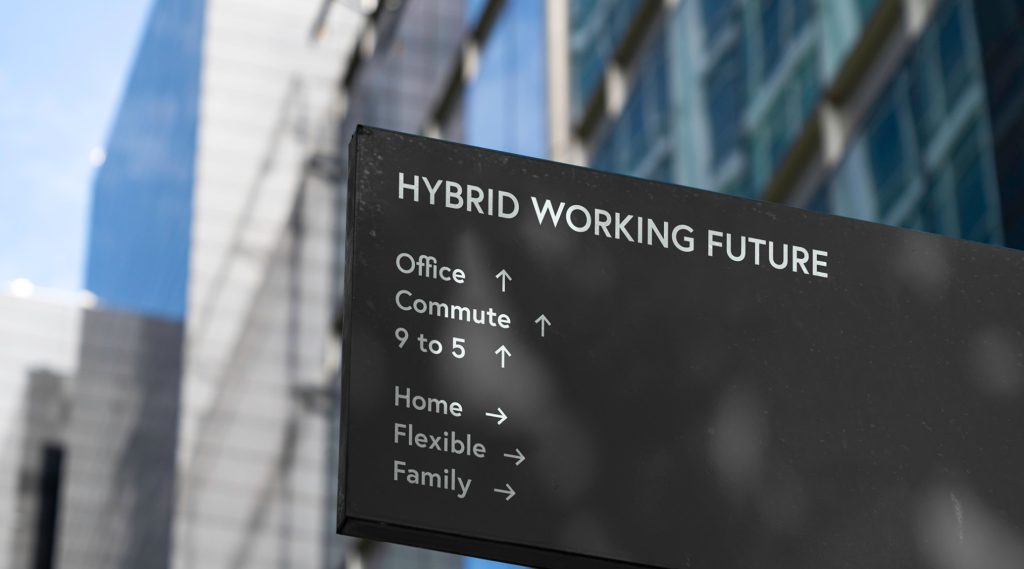Master the Art of Interviewing: Our Top 5 Interview Types Unpacked
Depending on the job you’re looking for, the types of interviews you’ll experience may be different. For roles with a highly technical aspect, you’ll likely experience the Case interview and possibly a Skills assessment. For leadership roles, you’ll likely find yourself up against the Panel or Behavioural interview types. And in our post-COVID world, any one of these may be in-person or Virtual. This guide will remove some of the mystery surrounding these interview types and help you succeed in your job search.
1. Behavioural interview
As the name suggests, the Behavioural interview hopes to gain insight into your potential future performance by gauging your behaviour in response to certain circumstances. It focuses on the behaviour you have exhibited in the past as an indicator of your future performance.
The interviewer will likely use the STAR method, which asks questions using the Situation, Task, Action, and Result framework. This interview type is often found in leadership and client-facing roles, as it evaluates whether the candidate can handle the complexities of the role and their fit within the company culture.
There may be elements of the Behavioural interview within other interviews, and a common recommendation we make across types is to prepare some stories and examples from your work history that illustrate your strengths, weaknesses, and key skills. You could simply claim you’re adept at conflict resolution, but it tells your interviewer much more if you can share a story where you can illustrate how you’ve resolved a difficult situation in the past.
While preparing for your interview, frame your responses using the STAR method. This will show your interviewer that you’ve understood the situation and will also give them the information they are looking for without them having to read between the lines.
2. Panel interview
Typical for roles in management and leadership, as well as those in cross-functional capacities, the Panel interview is usually in the format of one candidate facing two or more representatives from the hiring company. The panel may take turns asking questions, or the interview may be in a more freeform discussion style.
When faced with a Panel interview, you will usually be informed in advance. You should be told who will be present in the interview, if not the specific people, then at least their roles within the company. Prepare to answer questions that range from technical ones pertaining to the actual details of your job, to behavioural ones that talk more to your interpersonal or other soft skills.
A great way to prepare for this type of interview is to research the company thoroughly, making sure you know as much as you can about it and the people present. Practise addressing groups of people in an engaging way, speaking clearly and concisely, while making eye contact. Your ease and confidence will be tested as much as your job skills and understanding.
3. Case interview
Some roles lend themselves more to a certain style of interview, such as those with an emphasis on strategy, planning, and analysis. These are often met with a Case interview. In these, the candidate is presented with a business problem to assess their problem-solving, analytical, and creative skills.
Sometimes, candidates are presented with the case in advance and can work on it before the interview, but more often it’s presented during the interview itself. To prepare yourself for this style of interview, practice taking problems apart and answering questions related to the case. Use common frameworks, like a SWOT analysis or others specific to your industry, to tackle these problems.
Another great way to prepare for Case interviews is to practise reading and interpreting data quickly, and brushing up on your mental maths skills. Nothing shoots a finance interview down faster than getting the maths wrong, even if in reality you use software for most of the job.
4. Skills assessment interview
While some roles are more soft skills based, others are more technical. When you’re interviewing for technical roles like those in development, design, or engineering, you might have to tackle a Technical or Skills assessment interview. This can be difficult for a lot of people, especially if you struggle to articulate what it is that you do. On the other hand, it’s also a great opportunity for you to really show off your expertise.
The point of a Skills interview is to evaluate whether you have the skills you claim. If your CV claims you can code in C++, be ready to show off your abilities in the Skills assessment interview.
Make sure you know what skills the job description has specified and brush up on those. Practice describing what you are doing, providing reasoning for your actions. If you’re given the problem in advance of the interview, you might be asked to create a presentation showcasing your work. Practice presenting it and prepare for detailed questions afterwards.
5. Virtual/ Video interview
This last option isn’t an interview type in and of itself, but rather a possible format for all interview types: the virtual or video interview. In our post-COVID global world, many roles are remote, and many companies have given up their office spaces in favour of a distributed workforce.
Increasingly, companies are also using video interviews in the early stages of the interview process to get a clearer idea of their potential candidates before actually meeting with them.
A virtual interview will usually be held over Zoom, MS Teams, Google Meet, or similar software, whereas a video interview requires you to record yourself answering a series of questions. Both styles are convenient for early-stage screening, allowing the interviewer to narrow down the candidate pool. Both also assess the candidate’s comfort with technology and evaluate their communication skills, which is helpful for many roles.
To prepare for a virtual or video interview, make sure you are dressed professionally, just as you would for an in-person interview. Test the software in advance of the meeting, making sure you can access it and that your video and sound are working as they should. Choose a quiet, well-lit area to conduct your interview in — if your role is remote, your workspace is as much under scrutiny as you are.
Any of the interview types described above can be held virtually, so practice making eye contact on video and make sure you are comfortable with this format, especially in group or Panel interviews.
Put your best foot forward
Remembering that each interview is simply your chance to present yourself in the best possible light can help with those pre-interview jitters. No matter which type of interview you find yourself in, remember to prepare as best you can, practising your responses beforehand. Become comfortable addressing people, describing your work, and showing your thinking to the world. There should be nothing standing between you and your dream job.
For those looking for more guidance, get in touch with us at Adecco. With our vast wealth of expertise, there isn’t an interview type we haven’t seen. Let us help you get the job you want.











